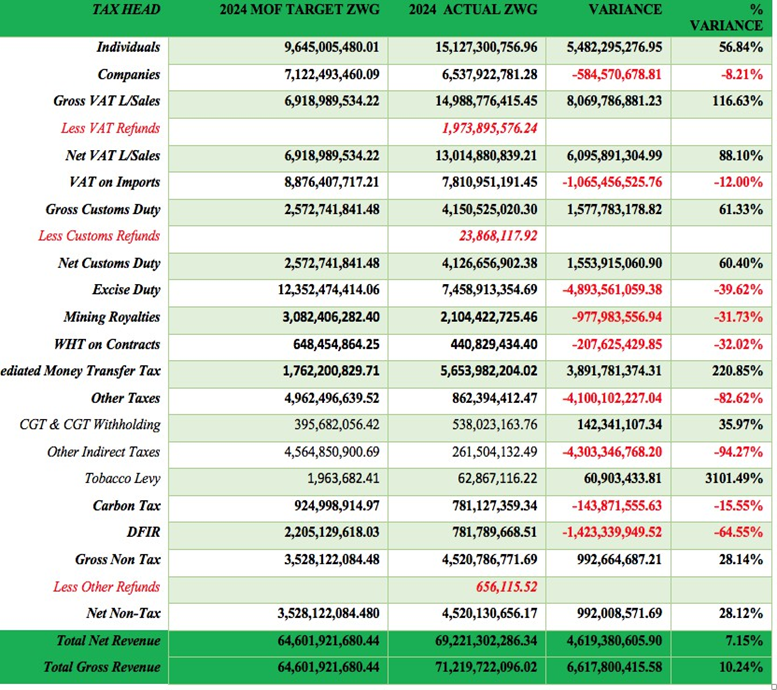ZIMRA hosts Southern Africa Inter-Revenue games: Promotes Tourism
The Zimbabwe Revenue Authority (ZIMRA) recently hosted the Southern Africa Inter-Revenue Games tournament, where Zambia and Lesotho dominated by winning most of the medals.
Held from April 18 to April 20, 2025, the tournament featured competing teams in various sports, including soccer, netball, volleyball, pool, darts, chess, basketball, table tennis, tug of war, and athletics.
 |
| SAIRAG Eswathini vs Lesotho chess tournament |
Zimbabwe performed relatively well in several team events, with ZIMRA’s soccer team overpowering the Namibia Revenue Agency (NamRA) 3-1. The ZIMRA netball team also recorded impressive wins, defeating Lesotho 21-19 and NamRA 31-20. The Eswatini Revenue Service secured a silver medal in the women’s darts category and finished third in men’s table tennis. The Malawi Revenue Authority participated in all events, bringing excitement and embodying the spirit of ubuntu and togetherness that defines the SAIRAG games.
Athletes from Malawi, Namibia, Eswatini, Zambia, Zimbabwe, Lesotho, and Botswana competed in volleyball, pool, darts, chess, football, netball, basketball, table tennis, tug of war, and athletics. The Inter-Revenue Games have been held annually since 2012, allowing revenue administrators from Southern Africa to compete against each other across a range of activities.
ZIMRA last hosted these games in Zimbabwe in 2015. The Zambia Revenue Authority took home most of the top awards, with Lesotho following closely in second place, while the host, ZIMRA, finished third overall in the tournament.
 |
| SAIRAG volley ball |
Spectators were able to follow the excitement through live updates shared on ZIMRA’s official Facebook page, and the host country extended warm hospitality to hundreds of visiting athletes and officials.
The closing ceremony featured local superstar Jah Prayzer, who brought the games to an electrifying close with an unforgettable evening of music, emotion, and culture.
 |
| Jah Prayzah performs at the closing ceremony |










